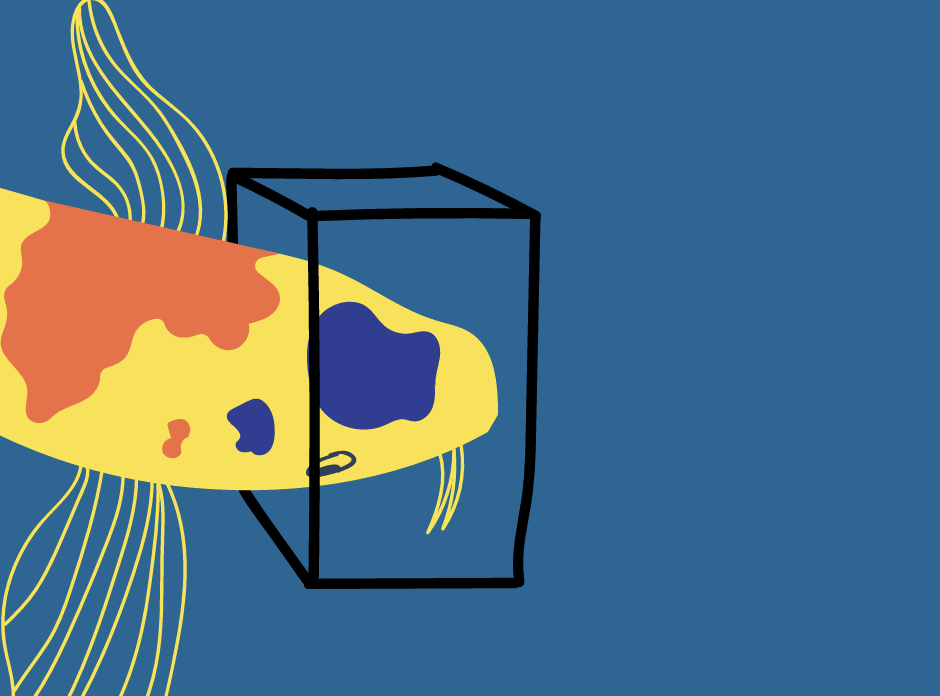
Don’t assume my needs
Research with students with special needs (grades 6–9) across Kosovo to surface their primary needs and provide an evidence-based roadmap for policy and school-level change.
Organization
Kosovar Youth Council (KÝC) / Save the Children
Scope
50 schools across 7 regions
Sample
210 students, grades 6–9 (avg. age 13.4)
Methods
Semi-structured interviews, qualitative analysis
Research Background
Commissioned by the Kosovar Youth Council with support from Save the Children, this study set out to identify the primary needs of children with special needs in upper primary education directly from the students’ perspectives.
Methodology & Sample
The study used semi-structured interviews framed as open conversations so students could speak freely. We interviewed 210 students across 50 primary schools in 7 major regions. The average participant age was 13.4; 40.48% were girls and 59.52% were boys.
Key Insights — The 7 Core Needs
Inclusion & Support
65% reported frequently feeling overlooked by teachers during learning activities.
Concrete Teaching Methods
57% struggled with abstract concepts (e.g., math formulas); visual and concrete aids were needed.
Companionship
57% reported spending breaks alone — pointing to a need for social integration.
Extracurricular & Creative Activities
100% reported lack of extracurriculars; 95% expressed enjoyment and benefit from creative subjects like Art and Music.
Supportive Teachers
Dedicated support teachers are scarce and often shared across schools, limiting consistent support.
Accurate Diagnosis
High rates of misdiagnosis observed; project psychologists flagged discrepancies in ~30% of cases labeled as autism.
Suitable Infrastructure
Many schools lack ramps, elevators, and accessible toilets, creating barriers for students with physical needs.
Impact & Recommendations
The report delivers a clear, evidence-based roadmap for systemic change. Recommendations target municipal budgets, inspectorate enforcement, school leadership, teacher training, and community awareness.
- Policy & Systemic Change: Reallocate municipal education budgets for concrete teaching materials and enforce legal provisions for supportive teachers.
- School-Level Action: Implement extracurricular programs and internal inclusion mechanisms to foster social integration.
- Teacher & Student Support: Mandatory teacher training on inclusive methods and consistent use of Individual Education Plans (IEPs).
- Community Awareness: Awareness campaigns to promote accurate diagnosis and reduce stigma.
Research Data & Summary
Regions: 7 major regions
Schools: 50 primary schools
Participants: 210 students (grades 6–9)
Average age: 13.4
Gender: 40.48% girls / 59.52% boys
Method: Semi-structured interviews (qualitative)
Research Impact
The findings inform policymakers, educators, and community stakeholders with concrete steps to improve inclusion and learning outcomes for students with special needs.
More Research Projects
Pixel Accessibility Product | Google Superbowl 2024 Commercial
Research that improved independent photo capture for blind and low-vision users, informing product and ML improvements.
Foundational Research | UNDP Sustainable Tourism
Mixed-methods research to shape a sustainable tourism brand and stakeholder strategy for Kosovo.
Educational UX & Onboarding
Product research focused on onboarding and learning journeys for younger learners and educators.